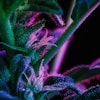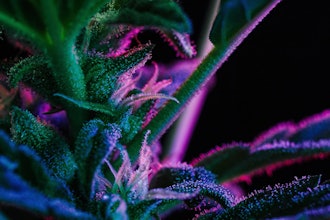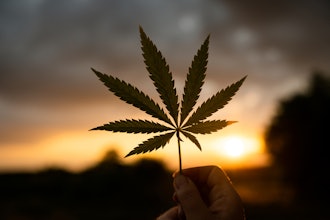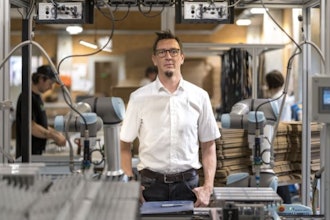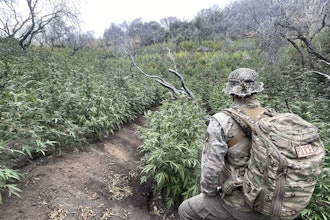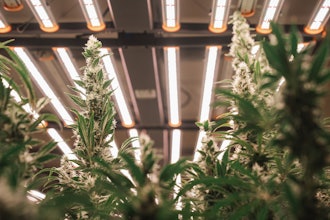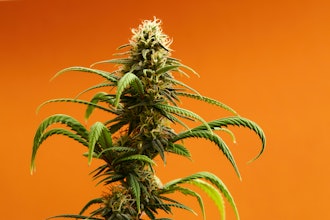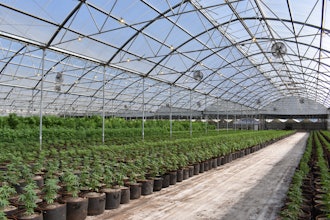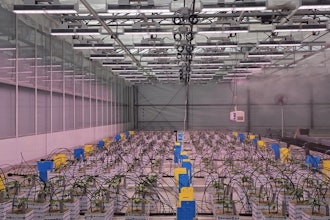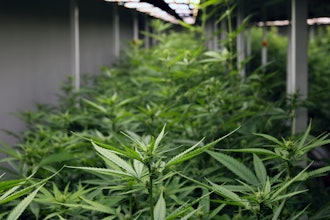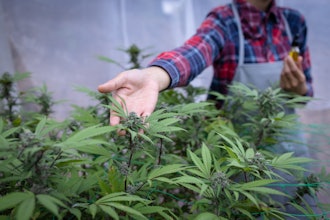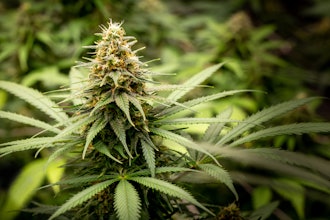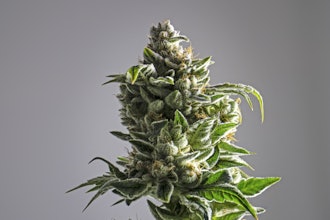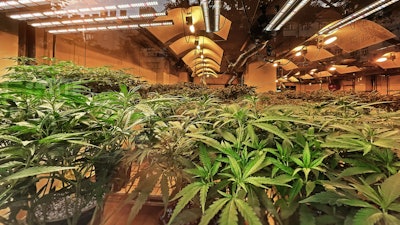
Temperature is crucial in the cultivation of medical cannabis, influencing numerous physiological processes and directly affecting the plant's health, growth and yield.
IoT devices have become essential tools in modern cultivation, enabling growers to monitor and manage temperature in real-time to provide optimal conditions.
This article is part two of an exclusive new series that will guide you through the essence of each of the fourteen pillars of plant care, focusing on indoor growth and revealing the nuances of how IoT can be a game-changer for cultivators.
Why Monitor Temperature?
- The Importance of Temperature in Plant Growth: Temperature impacts cannabis plants throughout their lifecycle, from germination and vegetative growth to flowering and overall metabolism. An appropriate temperature range ensures efficient photosynthesis, leading to vigorous growth and substantial yields.
- Effects of Improper Temperature Regulation: High temperatures can result in heat stress, leading to wilting, sunburn and diminished terpene production. Conversely, cold conditions can stunt growth, decrease yields and increase vulnerability to mold and diseases.
What Are We Monitoring?
Telemetry Types:
- Ambient Temperature: Reflects the general air temperature in the cultivation environment.
- Example Value: 25°C (77°F).
- Canopy Temperature: This is crucial as it directly affects photosynthesis. It measures the temperature at the plant canopy level.
- Example Value: 24°C (75.2°F).
Representation:
- Temperature data is commonly showcased as time-series plots on dashboards, pinpointing daily changes and highlighting potential anomalies.
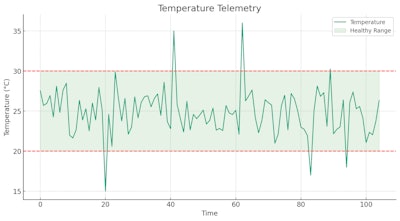
Devices for Monitoring Temperature:
- Digital Thermometers: Widely used for their accuracy and affordability, they provide instantaneous temperature readings.
- Infrared Thermometers: Growers can measure canopy temperature from afar, identifying potential hotspots without disrupting the plants.
- Thermal Imaging Cameras: These cameras present a comprehensive heat map of the cultivation area, aiding in detecting and rectifying microclimates.
Interpreting Data:
- Understanding the Ideal Range: Generally, for cannabis cultivation, the temperature should be between 20-30°C during the day and cooler at night.
- Recognizing Outliers: Consistent readings above 30°C or below 20°C signify potential issues.
- Note: It's vital to adjust temperatures based on your specific cannabis cultivar.
Testing and Calibration:
- The Importance of Accuracy: Precise temperature readings are vital as minor deviations can adversely affect plant health.
- Testing Procedures: Compare temperature devices with a lab-grade thermometer periodically.
- Calibration Steps: Most digital thermometers feature calibration functions. Adhering to the manufacturer's guidelines for periodic calibration is essential.
- Note: In indoor cultivation, temperature may vary across the room, especially above and below the canopy. Therefore, it's prudent to test throughout the area for discrepancies.
Using Data for Cultivation Decisions:
- Adjusting HVAC Systems: Temperature data allows cultivators to modify their heating, ventilation, and air conditioning systems. Advanced systems can even automate this adjustment.
- Incorporating Other Data: For a comprehensive view of the plant environment, consider temperature data alongside factors like humidity and CO2 levels. Using a platform that permits overlaying different data points is beneficial.
- Long-term Planning: Continuous temperature monitoring can guide decisions about insulation, lighting choices, and overall cultivation tactics.
Temperature monitoring is a foundational aspect of successful cannabis cultivation. Missteps in this area can compromise yields, potency or result in crop loss. IoT devices enable real-time temperature monitoring, empowering growers to make informed decisions and ensure the well-being and productivity of their cannabis plants.
Precision is paramount in striving for an optimal harvest, and contemporary technology delivers just that.
Shawn Deggans is the owner of Green Nanny, an IoT, AI and data consulting company focused on helping growers spend more time in the garden, and less time struggling with technology.



